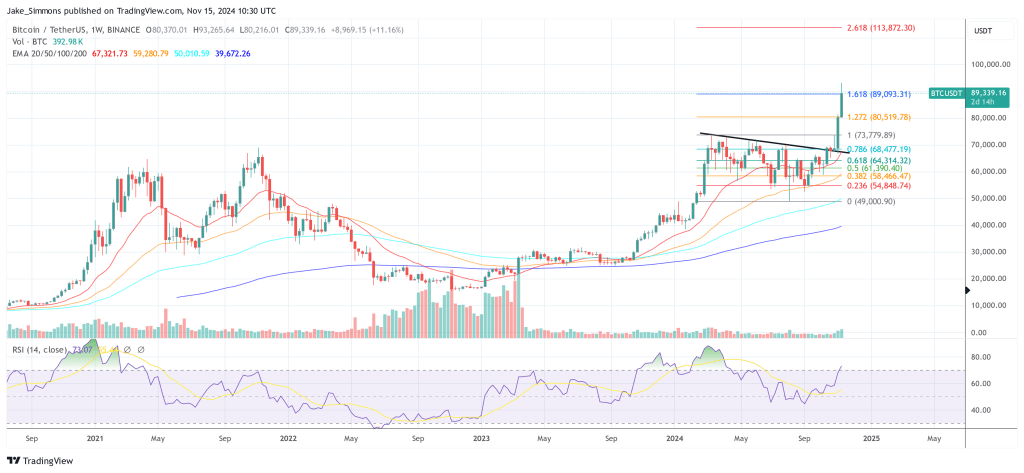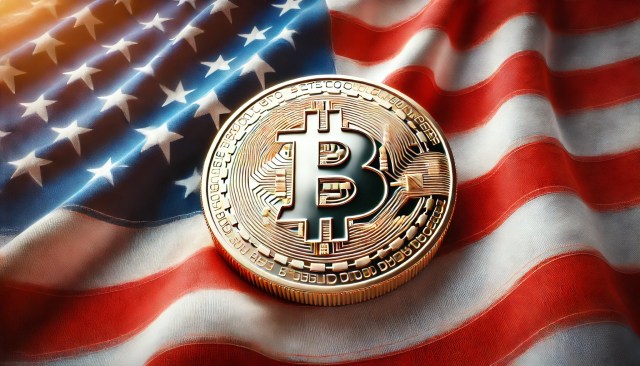Donald Trump’s recent proposal to create a Strategic Bitcoin Reserve (SBR) for the US has sparked a lot of debate. He announced this plan at the Bitcoin 2024 conference, suggesting it would boost the US’s position in the digital economy and strengthen its financial standing. But is it even legal?
The Legal Angle: Can the Treasury Do This?
A legal analysis by the Bitcoin Policy Institute, written by attorney Zack Shapiro, explores whether this is possible under current US law. The key lies in the Exchange Stabilization Fund (ESF).
What’s the ESF?
The ESF is a government fund created in 1934. It’s designed to help stabilize the US dollar’s value in the global market. The Treasury Secretary has broad powers to use this fund, and it doesn’t require direct Congressional approval for every action.
Can the ESF Buy Bitcoin?
Shapiro argues that while the ESF traditionally deals with things like gold and foreign currencies, the law doesn’t specifically exclude Bitcoin. He suggests two key arguments:
-
Bitcoin as an “instrument of credit”: While Bitcoin itself isn’t a debt instrument, the Treasury could buy Bitcoin-denominated bonds or other debt obligations from companies. This would indirectly acquire Bitcoin while still fitting within the ESF’s legal mandate.
-
Stabilizing the Dollar: Shapiro contends that adding Bitcoin, with its fixed supply, could actually help stabilize the dollar. The massive US national debt and inflation concerns make a deflationary asset like Bitcoin an attractive option to hedge against future economic instability. This would, in theory, align with the ESF’s core purpose.
How Would it Work?

Shapiro proposes the Treasury could buy Bitcoin-denominated bonds from companies. These bonds would pay out in Bitcoin when they mature. This avoids directly impacting the Bitcoin market, which could cause wild price swings.
The Bottom Line
Shapiro’s analysis suggests that creating a US Bitcoin reserve using the ESF might be legally feasible. The key is framing the purchase as an indirect acquisition through financial instruments, ultimately aimed at stabilizing the US dollar. Whether this actually happens depends on the political will and future legal interpretations.





